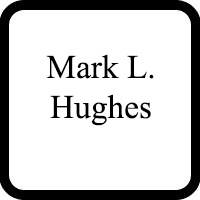Beulah Landlord-Tenant Lawyer, Wyoming
Not enough matches for Beulah Landlord-Tenant lawyer.
Below are all Beulah lawyers.
Mark L. Hughes
✓ VERIFIEDDivorce & Family Law, Estate, Criminal, Accident & Injury, Lawsuit & Dispute
Mark Hughes is a practicing lawyer in the state of Wyoming. Attorney Hughes received his J.D. from the University of Wyoming College of Law in 1978.
Kara Lorraine Ellsbury
Litigation, Energy, Employee Rights, Personal Injury
Status: In Good Standing Licensed: 14 Years


